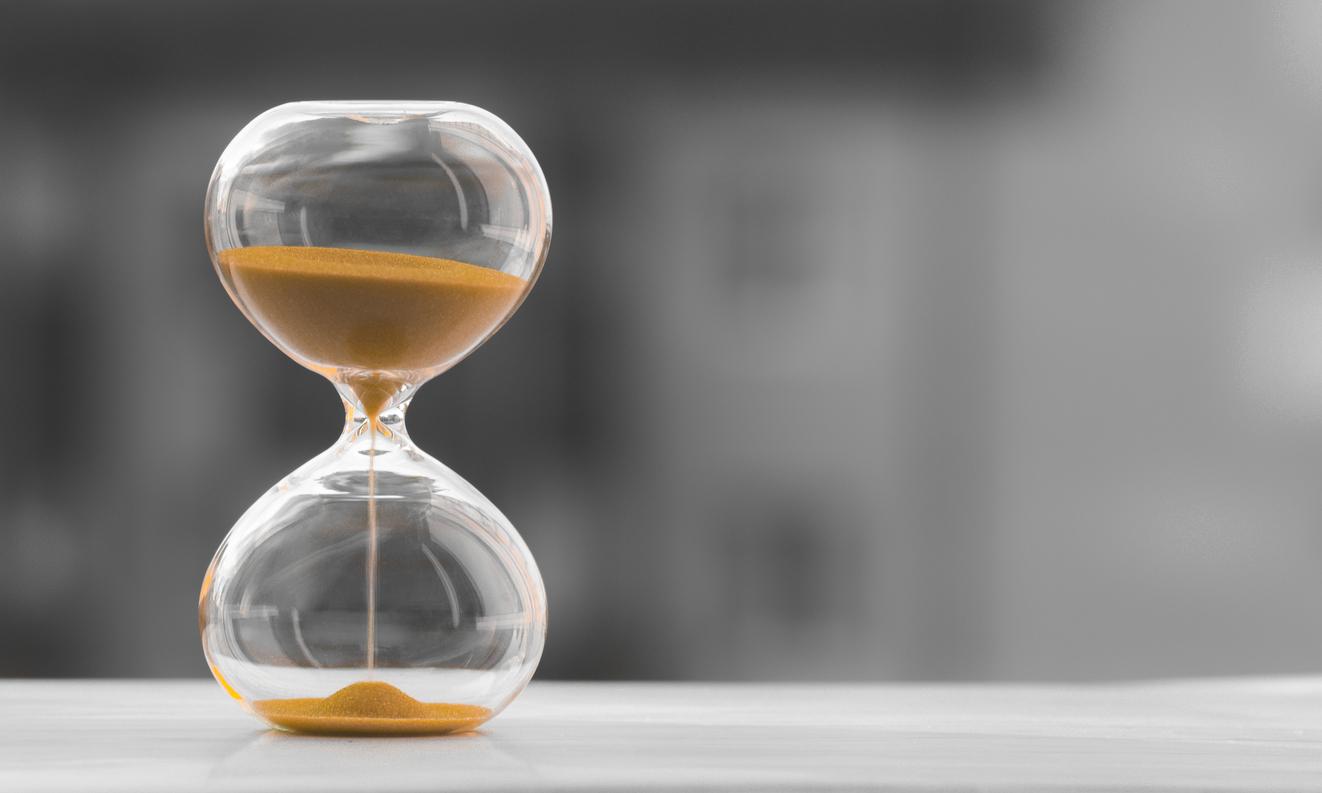
Determine your training time because that makes a difference
We struggle with our schedules to squeeze in an hour of sport somewhere in between all those activities. And so one wonders: at what time does that hour have the most effect?
You hear different stories about it. One says that it is best to exercise in the evening if you stop well before going to bed. But exercising on a full stomach is also not very healthy, so yes, you have to eat your evening meal extra early. Others say you should exercise before breakfast, especially if weight loss is one of your goals. You would burn more fats than sugars this early in the morning. What is it really like? Do you have to sit down to the evening meal at 5 p.m. and then exercise, or should you set the alarm for 5 a.m.?
An argument for evening training
Physical performance peaks for many people around 6 p.m. The worst performance is often delivered 12 hours earlier, at 6 in the morning. Body temperature may play a role here, because it peaks and bottoms at exactly the same times. In addition, warm muscles (in the evening) work better than cold ones (in the morning). But… the difference in body temperature at 6 pm and that at 6 am is less than 1°C. And that is too small to explain the better sports performance in the evenings.
It used to be warned that exercising in the evening would kill your night’s sleep. But research points in the opposite direction. Evening athletes appear to sleep faster and more deeply and are better rested in the morning than those who do not exercise. But then you have to stop the physical exertion at least two hours before you go to bed, otherwise it will keep you awake.
Are you a morning or evening person?
Whether you’re an early bird or a night owl also seems to play a role. Exercising in the morning feels less strenuous for morning people than training in the evenings. For those who only get up to speed at the end of the day, this is of course the other way around. But those late types can get used to morning training sessions: the more often they do it, the training will feel less heavy.
Losers exercise in the early hours
Those who want to lose weight are sometimes advised to exercise in the early morning and on an empty stomach. The idea behind it: after a night’s sleep, the sugar level in the blood is at a low level and your body gets its energy almost exclusively from fats. If you then start exercising, you will increase the fat burning even further.
That is certainly not easy. Fat burning is ideal for long, moderate-intensity activities. But for vigorous exercise you need sugars. Training on an empty stomach can therefore give you a lifeless feeling, especially for beginners, who mainly burn sugars with every extra effort. It only gets better when you have adapted to sober morning workouts after a lot of practice, but even then they are often heavy.
It’s all about burning fat
Another question is whether sober training is beneficial. That you mainly burn fat may sound tempting, but compared to exercising at a different time, the difference in effect is minimal. You also have to be careful not to replenish the fat reserves by consuming an lavish breakfast. Exercising after breakfast is also not recommended: the fat burning is then extra low, because you first burn the sugars from breakfast and only then use your fat reserves. That can easily take an hour. Those who prefer to exercise in the morning, do it best on an empty stomach. Because training at this time does have a beneficial effect: it stimulates the cells’ capacity to burn fats, which is good for the metabolism.
Not a good idea: train when it suits
Many people do not want a fixed training time: they just want to move when the day’s work permits. Seems like a good plan, but it isn’t always. It can work for very disciplined people, but for most people, resolutions are diluted in procrastination. And you know: from delay comes adjustment. In addition, people tend to be rather narrow in their overall training time (including travel to and from the gym or field). Joining a sports club with appointments at set times seems to work better, especially for beginners. Usually you train harder and longer at such a club, which yields more results than, for example, rowing on a device that is in your attic. Training sooner or later, in a fitness center or outside it: it is especially important that you regularly go for extra exercise.
Daily is better than monthly
Whatever time and whatever sporting activity you choose: regularity is the key. It is one of the most important factors for those who want to improve their basic fitness or health. Now training once a month also means regular exercise, but of course that’s not what we mean. Because if there is too much time between two workouts, your fitness will always drop back to the original level. So it is better to move a little every day than a lot for one day and nothing for a month. The ideal is: train every other day, week after week, year after year, at the time that suits you best.
Diabetes patients: after breakfast or dinner
Exercise helps in type 2 diabetes to remove excess sugars from the blood. So by exercising you reach more normal blood sugar levels faster. And the best time for that is about 30 to 60 minutes after breakfast. Extra exercise before breakfast has less effect, as does exercise before lunch. We still know little about the effect of exercise before or after dinner, but there are indications that exercise after a meal has more effect than before. That could be interesting because it may help keep blood sugar a little lower throughout the night. It certainly can’t hurt to try. The condition is, of course, that you no longer take drinks or snacks with carbohydrates (sugars) after dinner.
This article originally appeared in +health.
Sources):
- Plus Healthy













